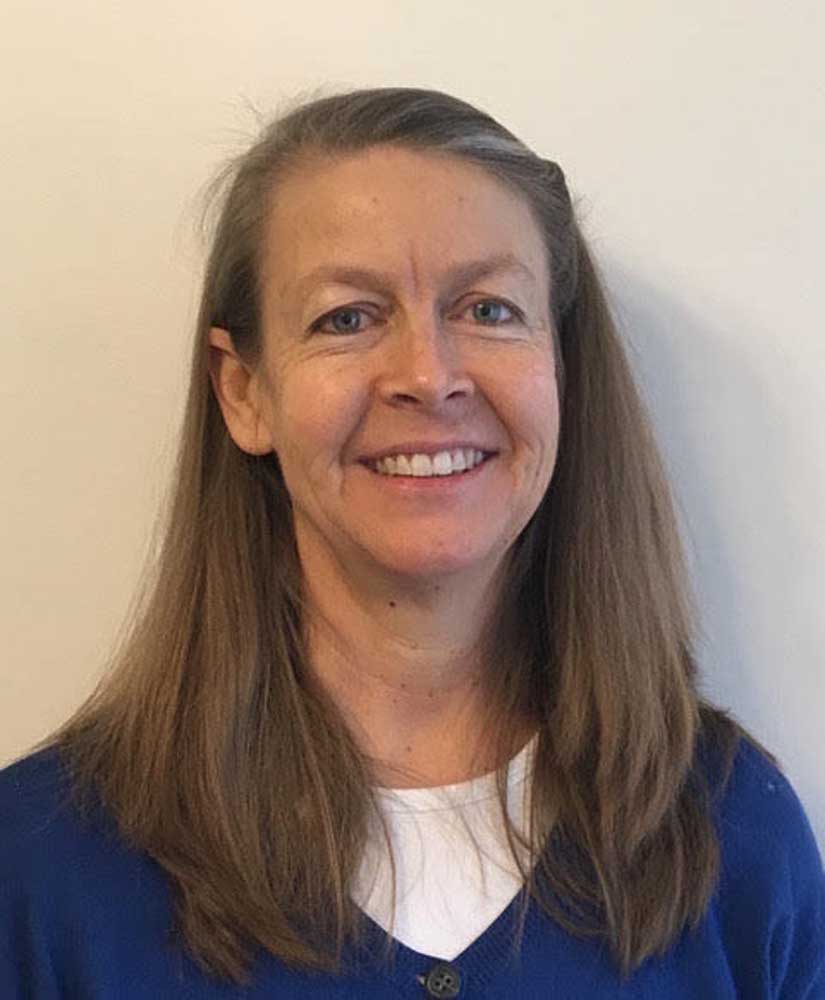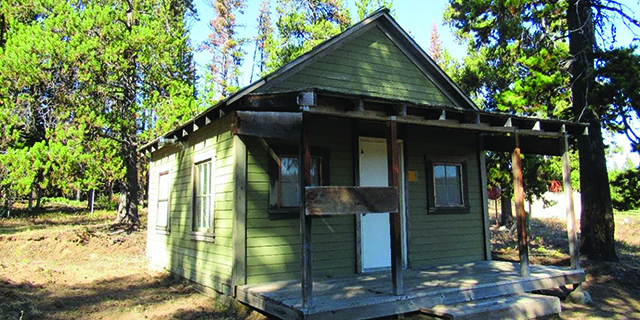Brown | ‘Opportunity gap’ for Oregon’s kids hurts all of us
Published 12:00 am Wednesday, May 8, 2019

- Brown
At its best, America is a nation where every individual has opportunities to get an education, to find work, to support oneself and their family, and be a contributing member of this great democratic society.
By many measures, Oregon’s economy is booming. The unemployment rate in Oregon is low, more Oregonians are working, wages are up and household incomes are on the rise.
Trending
And yet, these gains are not spread equitably in this growing economy. The neighborhood where a person is born, their family’s economic circumstances, and their race or ethnicity are the most reliable indicators of future success or failure.
Today, half of Oregon’s kids are born into low-income families. Most will stay poor throughout their lives. In most Oregon counties, less than half of kids born into low-income families will ever reach middle class.
Too many kids are coming up against what the Oregon Community Foundation (OCF) refers to as the “Opportunity Gap”— lack of access to stable housing, quality education, support systems and connections to people from different socioeconomic backgrounds that provide a foundation for kids to learn more, gain new skills, achieve optimal health and get needed experiences to succeed over the long term.
When kids fall behind in school, they are more likely to drop out. When dropout rates remain high, Oregon companies struggle to find skilled workers they need to fill jobs.
When businesses can’t grow — particularly those businesses that are vital to small and rural communities — tax revenues decline, reducing our ability to invest in schools and quality education. The result is a self-reinforcing downward spiral that impacts the well-being of our cities, towns, rural areas and ultimately, the state.
The good news: In some places, strategic investment mixed with the input of innovative local leaders is bridging Oregon’s opportunity gap. Community engagement is a key ingredient to these successes.
Trending
An OCF report, ‘Tracking Oregon’s Progress (TOP): Oregonians Mobilizing for Change,” highlights examples that show how community-led problem-solving is delivering tangible results.
OCF convenes local leaders, governments and nonprofits to work together and invest in community-driven solutions that work. OCF’s statewide reach helps scale solutions from one community to another facing similar challenges.
Oregon Community Foundation is focused on creating more opportunity for communities across our state by:
• supporting affordable housing,
• providing parents with support and education to help them raise healthy kids,
• fostering small businesses in rural areas, and
• getting more kids into early childhood education.
Since 1973, OCF has helped donors improve the lives of Oregonians, and has learned that lifting local voices gets to solutions that work. OCF distributes more than $100 million in donated dollars annually. They work with businesses, nonprofits, governments and individuals across Oregon, ensuring that no matter where in the state a child is born, their path to a successful life is clear.
The opportunity gap is not just damaging to kids and their families. It’s bad for all of us. It has serious implications for Oregon’s economy and well-being.









